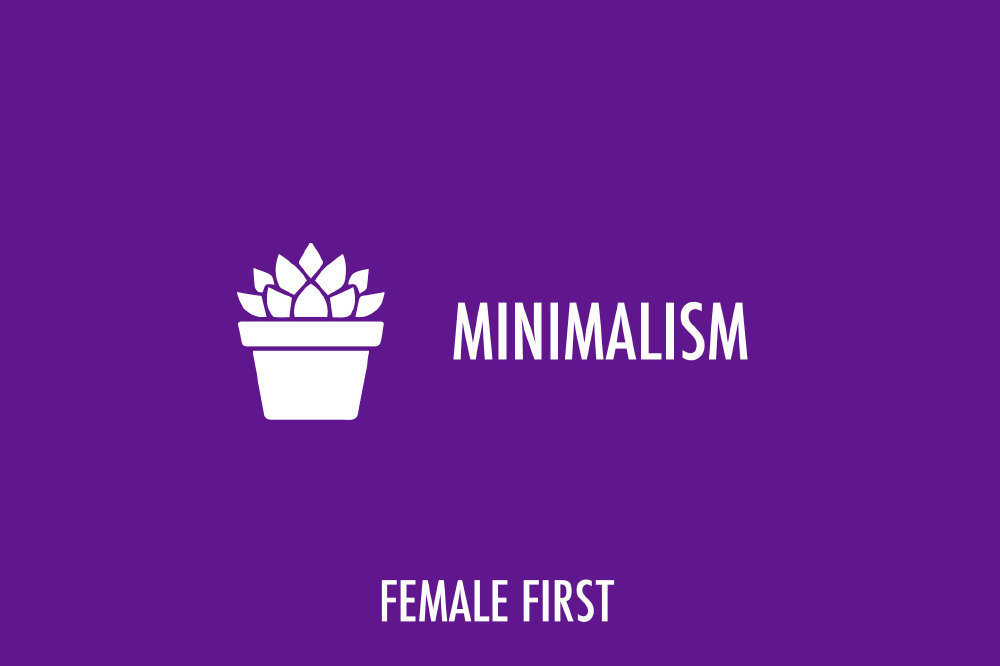Many people have chosen to share their minimalism story in YouTube videos, books, blogs and on TV. The likes of The Minimalists, Joshua Becker, Courtney Carver and Matt D’Avella are just a few people who come to mind when thinking about those who have created a brand from sharing their journey with millions of other people. Thanks to their willingness to have an open and honest conversation about their own path to a simpler life, this has paved the way for so many others to do the same. Maybe you have no such aspirations to write a book or start a blog- but it’s still important to tell other people about your story, here’s why…

Image courtesy of Pixabay
- To start the conversation around it: Not everyone knows there is a label for this kind of lifestyle and giving it a name is half the battle for those who aren’t in the know. Tell them how you identify yourself and this opens up the conversation for further questions and dialogue around the topic.
- To help others understand that not one size fits all: People make assumptions about minimalists based on what they see on Instagram, on YouTube and in magazines. The white aesthetic is a perfect example of this misconception. You have a chance to show others what it looks like in real life- not a filtered version that is so commonplace on social media. While there are minimalists who are passionate about white- there are others who enjoy colours, patterns and trinkets as much as the next person- just in lesser quantities.
- To champion the benefits: Not everyone can see an immediate benefit to living with less. In fact, many people will see it as deprivation rather than a celebration of life, when the opposite is true. If you can prove to people how much it has improved your world and yourself, they can’t question it- because the positives are undeniable.
- Because it’s interesting: Minimalism is not run of the mill and that’s what makes it special and intriguing. It’s the equivalent of someone saying they are vegan, a white witch or a book writer- people naturally want to know more because it’s not all that common. It invites fruitful conversation and after a year in lockdown- we all need a little of this in our lives!
- To convert someone who needs it: Perhaps you will meet someone who you instantly know would benefit from minimalism. While it’s not your place to labour the point or force the lifestyle on them- if they are willing- you can be their guide, a person to offer them advice or provide sources of information if they want to know more. You’re a fountain of knowledge, so be willing to share what you know and what you’ve learned if a person is looking for a new way of life.
- To put an end to the common judgements around the lifestyle: If you are a minimalist you may have heard some of the following statements surrounding your choices; ‘unsentimental’, ‘unfeeling’, ‘boring’, ‘bland’ and ‘ruthless’. These words could be used to describe someone who wasn’t a minimalist. Maximalists have the potential to lack sentiment and lead a very plain life- it just so happens that people associate having fewer things with being less of a person- which is sad because it couldn’t be further from the truth. So if you meet anyone with this viewpoint- you can politely correct them.
- To recommend the great resources that are out there: There are so many wonderful books, videos, channels, podcasts and blogs out there that delve into the very topic. If someone comes to you with a curiosity, it gives you a chance to share these inspiring and informative resources with them. And if they find benefit, they will do the same- and so the minimalist community pays it forward again and again.
RELATED: Minimalism: Seven things you can declutter from your phone right now
While the things on your phone might not contribute to the physical clutter you see around you in your home, it can still become a pretty crowded place if you don’t keep on top of it. If you haven’t tackled this area of your world yet, it might be time to turn your attention to this little device with a lot of potential for digital clutter...

Tagged in Minimalism

